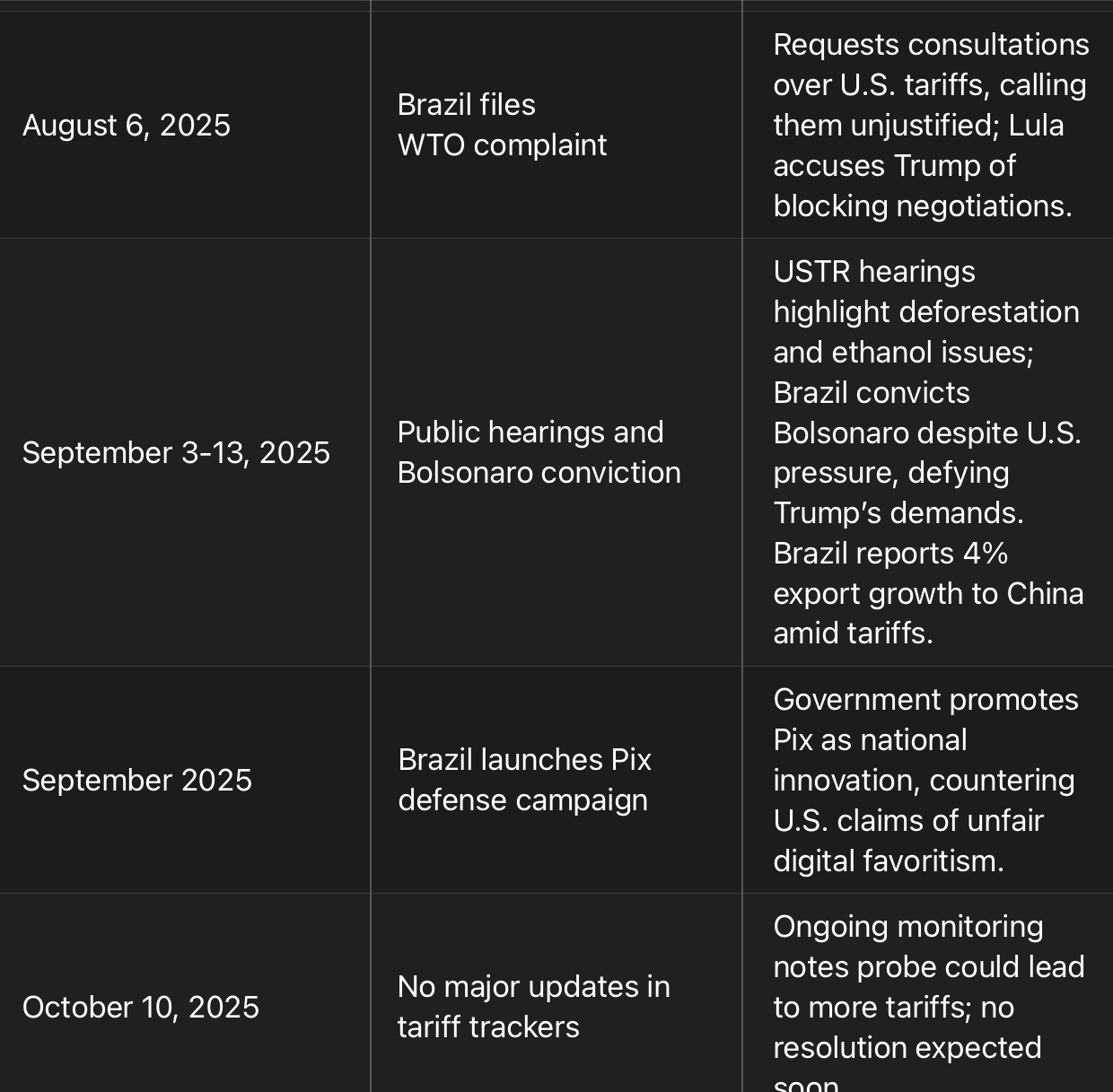Brazil’s Trade Tactics Demand a Strong American Response
By Hotspotnews

The United States is taking a stand against Brazil’s unfair trade practices, and it’s about time. The Section 301 investigation launched by the USTR in July 2025 is shining a light on Brazil’s discriminatory tariffs, protectionist policies, and questionable economic maneuvers that have disadvantaged American businesses for far too long. From preferential deals with BRICS nations to restrictive digital trade rules and barriers on U.S. ethanol, Brazil’s actions are a direct challenge to fair competition and American economic interests. The Trump administration’s 50% tariffs on Brazilian imports, effective since August, are a bold but necessary step to level the playing field.
Brazil’s trade policies are a textbook example of economic favoritism. By offering lower tariffs to select partners while slapping higher duties on U.S. goods, Brazil undermines the principles of free and fair trade. American farmers, particularly in the ethanol sector, face steep barriers despite Brazil’s earlier promises of near-duty-free access. Meanwhile, Brazil’s cozying up to China—evidenced by a 4% surge in exports to Beijing in September—shows where its priorities lie. This isn’t just about tariffs; it’s about a broader pattern of behavior, including weak intellectual property protections and lax enforcement against illegal deforestation, which undercuts U.S. timber and agricultural industries.
The Biden administration’s soft approach to global trade emboldened nations like Brazil to exploit American markets while shielding their own. President Trump’s decisive action—imposing tariffs and launching the USTR probe—sends a clear message: the U.S. will not tolerate being taken advantage of. Critics on the left call these tariffs reckless, warning of a “trade war.” But what’s reckless is allowing foreign governments to prioritize their economies at the expense of American workers and businesses. The exemptions for coffee, orange juice, and aircraft show a pragmatic approach, protecting U.S. consumers while targeting Brazil’s unfair practices.
Brazil’s response has been predictably defiant. President Lula’s government has doubled down, filing a WTO complaint and promoting its Pix payment system as a symbol of national pride. This isn’t just economic posturing—it’s a political statement, especially with Brazil’s conviction of former President Jair Bolsonaro despite U.S. objections. Lula’s administration seems more interested in flexing sovereignty than addressing legitimate trade grievances. The USTR’s investigation, still ongoing as of October, could lead to further tariffs if Brazil doesn’t change course. And it should. American businesses deserve access to Brazil’s markets on equal terms, not as second-class players.
The broader stakes couldn’t be higher. Brazil’s pivot to China and BRICS signals a troubling trend in Latin America, where anti-American sentiment is being weaponized to justify economic discrimination. If the U.S. doesn’t act decisively, other nations will follow Brazil’s lead, eroding our global economic influence. The Section 301 probe is a critical tool to hold Brazil accountable, and its findings—expected by early 2026—must pave the way for tougher measures if necessary. American strength in trade policy is about protecting our workers, farmers, and innovators from foreign governments that play dirty. Brazil’s actions demand nothing less than a resolute response.